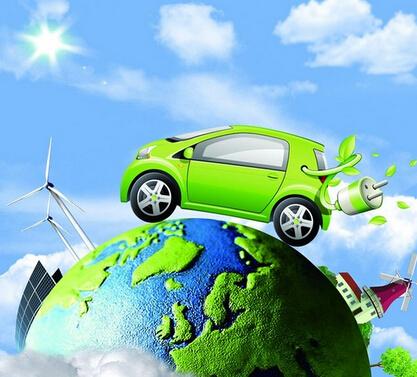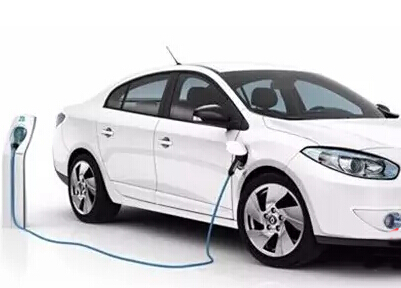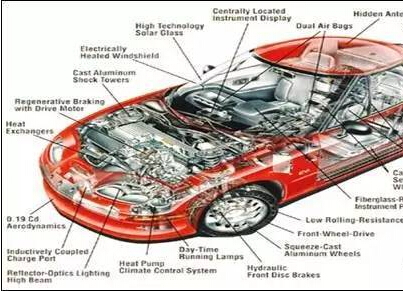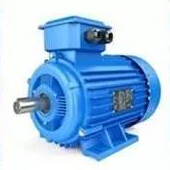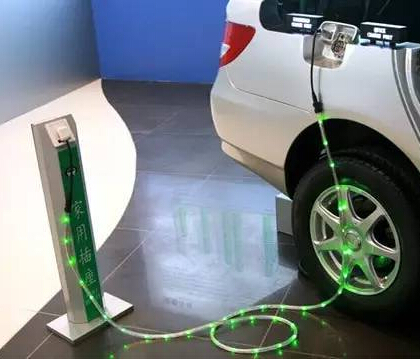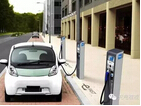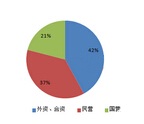The first batch of new energy vehicles went on the market, and it has been five years since. Among them, the durability of the battery is uneven, the vehicle is faulty, the battery is replaced with a high probability, and the batteries that have been eliminated in batches have become new items in the recycling market.

The trend of human waste generation is always closely related to the consumption trend. Nowadays, new energy vehicles are selling more and more fire, and the replacement and disposal of used batteries is becoming more and more frequent.
The first batch of new energy vehicles went on the market, and it has been five years since. Among them, the durability of the battery is uneven, the vehicle is faulty, the battery is replaced with a high probability, and the batteries that have been eliminated in batches have become new items in the recycling market.
The battery recycling of new energy vehicles is surging with a wave of gold nuggets.
Since the promotion of new energy vehicles in 2011, the annual sales volume has exceeded 500,000 and has become an important member of the automotive industry. Some agencies predict that in 2020, new energy vehicles will sell more than 2 million vehicles.
img src="http://cn.rccn.com.cn/upload/image/20181127/20181127093022_23642.jpg" alt="" />
This means that as the life of the power battery is approaching, the battery recycling market will flourish from scratch.
Power battery recycling
Waste power batteries have a high recycling value. In addition to the fact that some power batteries can continue to be used, more batteries are used to recover and decompose a large amount of rare metals as materials for re-production.
The recovery of metals such as lithium, cobalt, nickel and manganese can generate more than 5 billion in revenue each year. By 2020, this figure may exceed 10 billion. Waste power batteries have a high recycling value. In addition to the fact that some power batteries can continue to be used, more batteries are used to recover and decompose a large amount of rare metals as materials for re-production.
Among them, lithium is the largest in recycling, with an annual recovery of nearly 10,000 tons. The annual demand for domestic lithium resources is around 80,000 tons, and lithium recycling can solve a considerable part of the demand.
If the power battery is left unchecked, these active metal resources will become the "killer" of nature.
In order to prevent pollution of the environment and achieve full use of resources, China has introduced many policies to support the development of the power battery recycling industry. Especially in the past two years, the recycling policy of power batteries has become more standardized.
Last year, the “Promoting Program for the Extension of Producer Responsibility System” was promulgated, clarifying that power battery manufacturers should establish a recycling system and release recycling information in a timely manner.

This year, the Ministry of Industry and Information Technology issued new regulations to start pilot work on power battery recycling in most parts of eastern China.
This means that the recovery of power batteries will become the norm in the future, and for the environmental protection industry, the recovery of power batteries is indeed an opportunity.
The problem is still obvious
Since the promotion of power battery recycling in 2014, the development efforts are still insufficient.
Recycling is a big problem. Taking the battery back from the consumer is a huge test for the car company. Different from the monopoly advantage of Japan's new energy automobile industry, China's market is still in the stage of competition, which is difficult to rely on car companies to recycle. Need to cooperate with third-party companies to help establish a comprehensive recycling mechanism.
The non-uniformity of the power battery standard has increased the difficulty of recycling and dismantling. Standardization of the shape is easy, but it is impossible to standardize the structure and materials inside the battery, which will curb the competition of the enterprise and is contrary to the innovative concept. Different standards are a huge challenge for lithium battery recycling.
The comprehensive utilization technology lags behind and cannot meet the demand. Taking lithium iron phosphate battery as an example, the cost of recycling is about 8,500 yuan, while the sale of recycled materials only benefits 8,100 yuan, or at a loss to buy and sell, technically difficult to achieve profitability. Although some companies have made technological progress, they have made great progress. But compared to developed countries, China's technology is still a lot behind.
Since last year, the market for power battery recycling has gradually warmed up, but there is still a long way to go before it is fully mature. At present, it is the top priority for enterprises to establish a benign recycling system that can be monitored and explore the ladder utilization technology of power batteries.
Of course, the country’s specific policy leadership and project subsidies are also essential.
Quarrel
Since 2017, policy support has increased, industry potential has exploded, and many companies are full of expectations for the power battery market. Investment and acquisitions are endless.
At present, due to the initial construction of the industrial chain, the recovery of power batteries is still a difficult problem. To some extent, how to recycle a power battery is more critical than how it is used.
Depending on the capital situation, the environmental protection industry can be used as a third party to participate in the recycling process; or through its own recycling advantages, it will gradually construct an industrial chain for comprehensive utilization of power batteries, and realize the intelligent recycling of power batteries through the Internet and the Internet of Things.
Therefore, for environmental protection enterprises, especially environmental sanitation enterprises, the recycling of power batteries is a good opportunity. Of course, this needs to be based on the company's not bad money.
The recycling of power batteries, the capital demand is not low, if the company blindly enters, it will only drag down its own cash flow, affecting the development of the main business.
















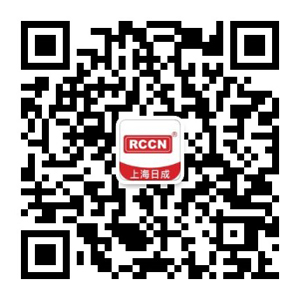 RCCN WeChat QrCode
RCCN WeChat QrCode Mobile WebSite
Mobile WebSite